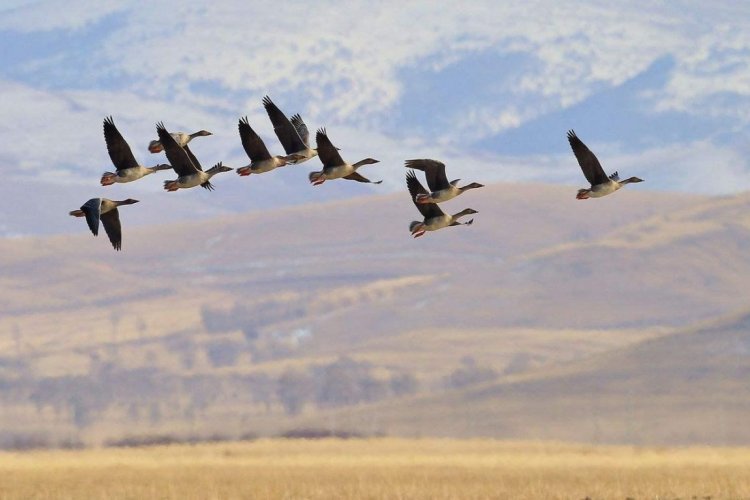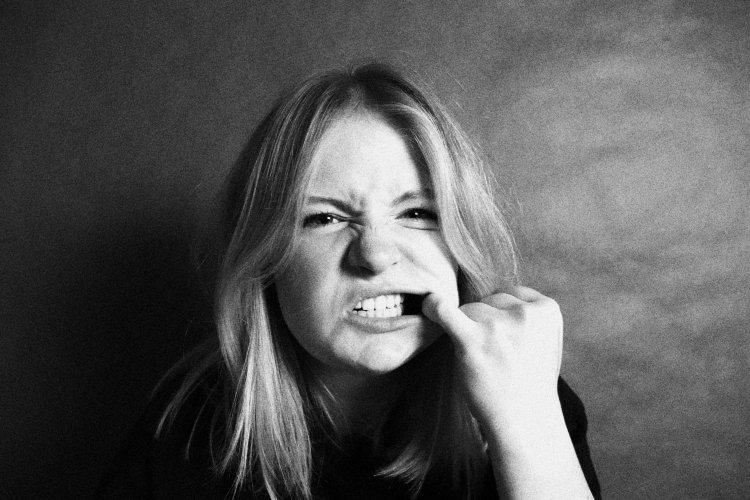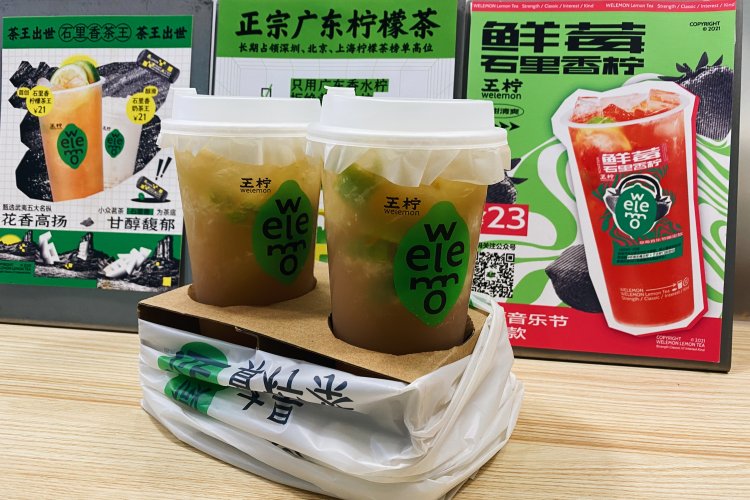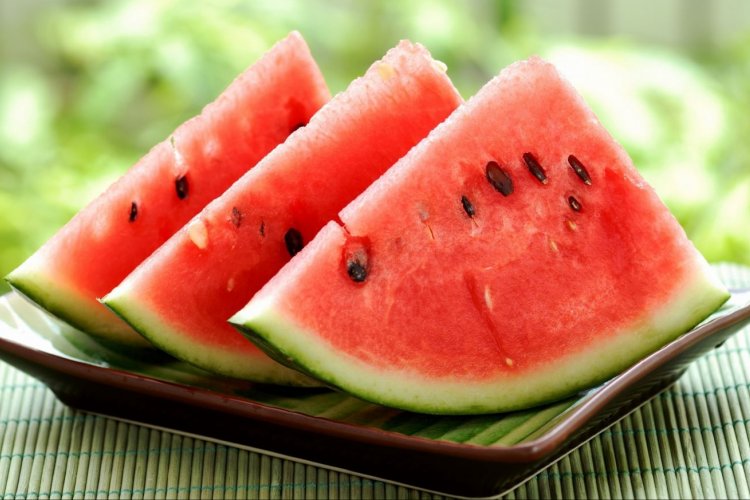How To Get Wired at Beijing's Tea District
Flick through any guidebook to Beijing, and you're unlikely to find Maliandao, Beijing's tea district, listed in the must-sees. It's a wholesale area for one (look at the photo) - not exactly wispy-bearded old men weighing out bunches of priceless dahongpao in back alleys. It's also in south-west Beijing. Where? Exactly. Nevertheless, Maliandao is a must for any Beijingers wanting to take the next bold step beyond Jasmine tea, Lipton with milk and that pot of pu'er you had at the dim-sum buffet.
The best way to master Maliandao is to go with someone who knows the place. I tagged along with Joel Shuchat on one of his Beijing Tea Trips tours that run every Sunday. Joel is first and foremost a tea exporter, so visitors essentially join him on a day's work, tasting and buying high grade teas and hob-nobbing with industry insiders.
The morning kicks off with a study in light green teas from Huang Shan in Anhui Province. Did you know you should never pour boiling water over green tea or it'll taste like cabbage? 85 degrees is about right.
It's gratifying to really taste the difference between a tea that sells for RMB 90 per jin with another at RMB 1000 per jin. Whilst the first was undoubtedly a delicious tea, the second was spectacular - pale coloured with fragrant notes of citrus and mint.
Next we weaved our way through the tiny shops inside Jinghua Market to a small place that only sells one type of tea - dansong, an oolong from Chaozhou in Guangdong. The shop was full of metal drums containing acres and acres worth of the stuff.
Darker than green tea (due to the process of withering and oxidation after it's picked), a good oolong has a robustness without being bitter. The shop owner told us how Nixon tasted his tea when he came to China. He loved it, naturally.
After a hearty lunch the tour finishes with the heavy-hitters - black teas from Fujian Province. We slurped a bewildering range of brews, some smoky, some smelling like stewed fruits, some the colour of a classic single malt. Eventually a price was negotiated for some bargain black tea, and we re-entered society, wiser, wired on caffeine, and needing the loo.
Beijing Tea Trips cost RMB 220 including lunch. More info at www.teatrips.com






